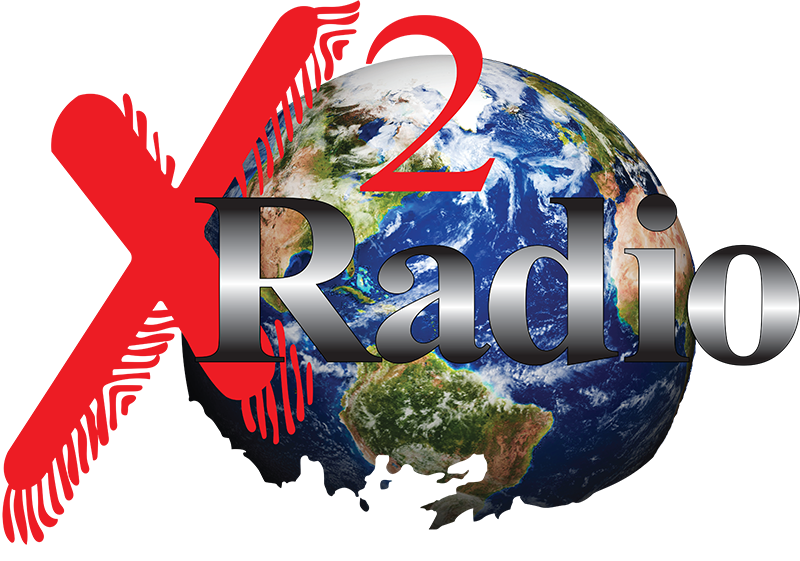The idea that Earth and its atmosphere are some sort of “superorganism” was actually first proposed by Scottish geologist (a person specializing in the study of Earth) James Hutton (1726–1797), although this was not one of his more accepted and popular ideas.
As a result, no one really pursued this notion until some 200 years later, when the English chemist James Lovelock (1919– ) put forth a similar idea in his 1979 book, Gaia: A New Look at Life on Earth. Gaia is the name of the Greek goddess of Earth and mother of the Titans.
In modern times, the name has come to symbolize “Earth Mother” or “Living Earth.” In this book, Lovelock proposed that Earth’s biosphere (all the parts of Earth that make up the living world) acts as a single living system that if left alone, can regulate itself.
Where does the name Gaia come from? The story goes that James was walking in the countryside surrounding his home in Wilshire, England, and met his neighbor, English novelist William Golding (1911–1993), author of Lord of the Flies and several other books.
I don’t know if you ever read the book or saw the original film made from the book. I was brought to tears several times during the story. It broke my heart when the boy playing the tyrant Jack smashed Piggy’s glasses. In anarchy, Everyman ceases to exist, with only hunters and the hunted remaining. Piggy’s lack of purpose becomes foreshadowed when Jack strikes him, sending his glasses off his head and breaking one of the lenses on the rocks: “now I only got one eye,” Piggy cries. In the midst of this argument, centered upon the symbol more than the person, Piggy ceases to exist, both figuratively and literally. The boulder, intentionally dislodged, knocks Piggy off the cliff, and he falls to his death. His body floats out to sea, suggesting that reason has been totally swept off the island.
In anarchy, Everyman ceases to exist, with only hunters and the hunted remaining. Piggy’s lack of purpose becomes foreshadowed when Jack strikes him, sending his glasses off his head and breaking one of the lenses on the rocks: “now I only got one eye,” Piggy cries. It’s that crying that I will never forget. It reminded me of why I have stood between the bully and Everyman my entire life. I am big enough and strong enough to destroy a bully. My greatest fear is that I have inside me a place of no remorse, where I send the bully out to sea.
The term “Gaia” is supposed to embody a real connection to the Greek goddess who pulled the living world together out of chaos or complete disorder. It doesn’t. It is now the resonant drone of Everyman, on the edge of the cliff, begging for God to catch them when they fall.
My purpose for coming here is to awaken humans to the fact that they are not on an island at all. They never were. I want them to know that being mortal is heaven. We spend eternity trying to come here and grow and write our own futures with our own power.
